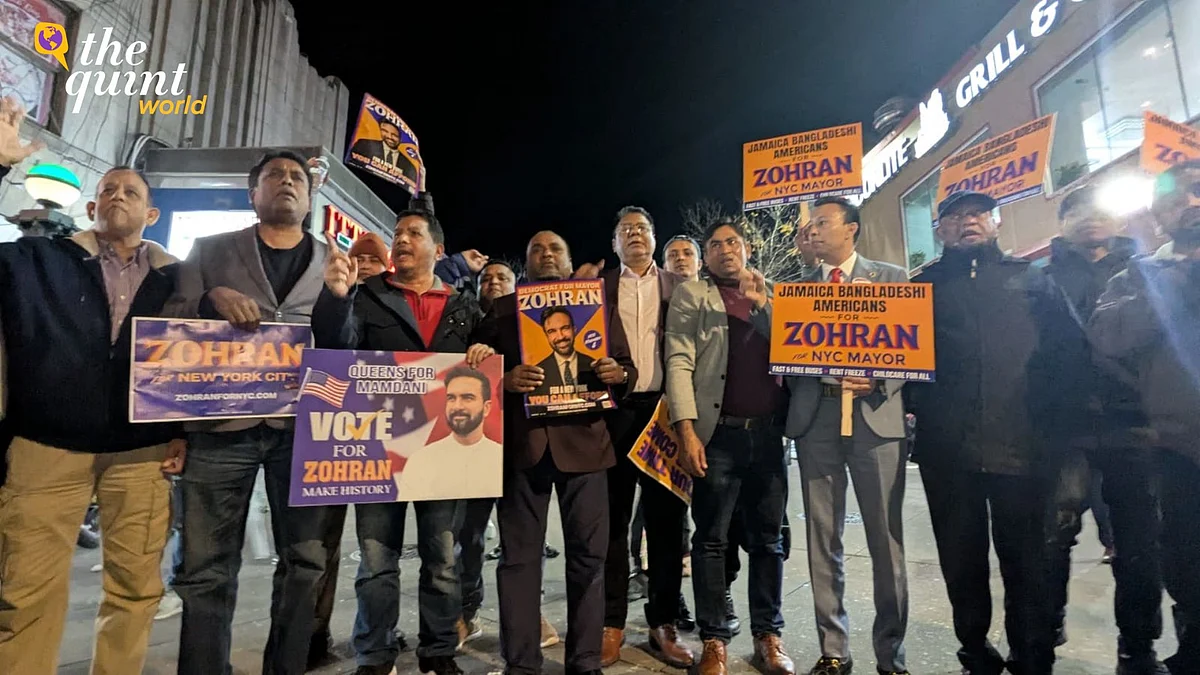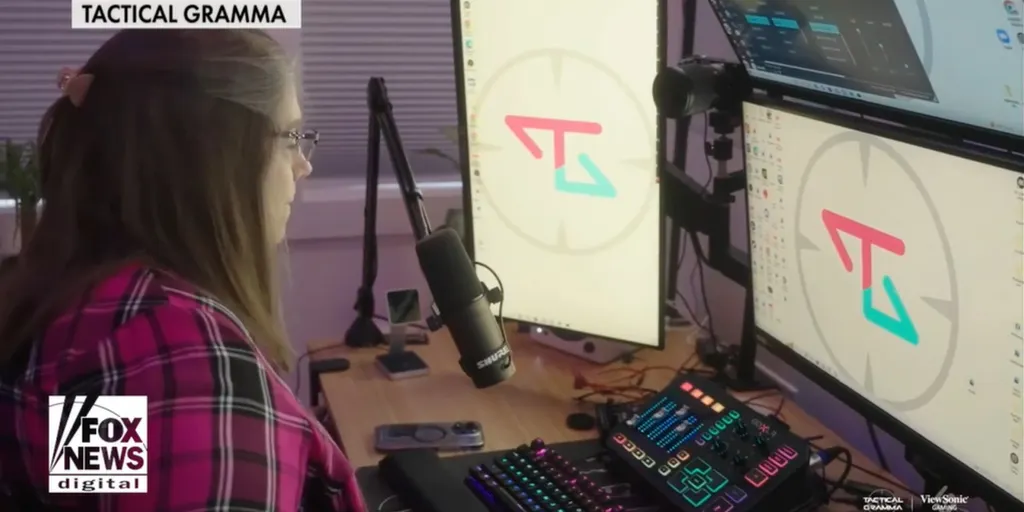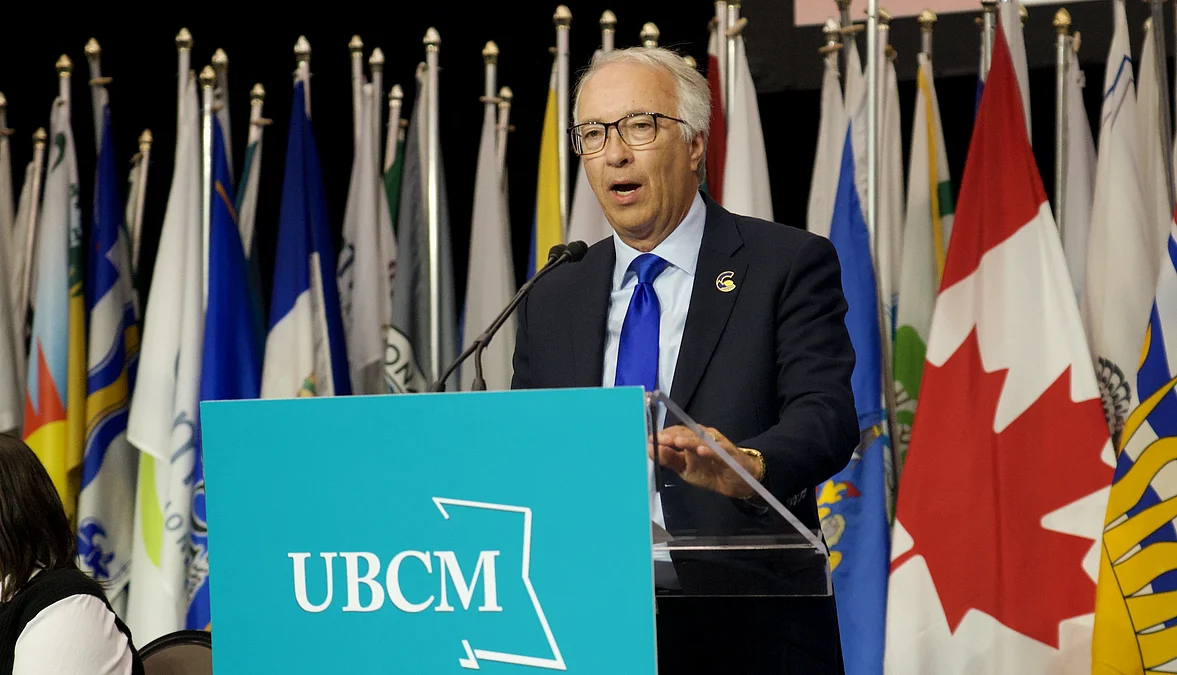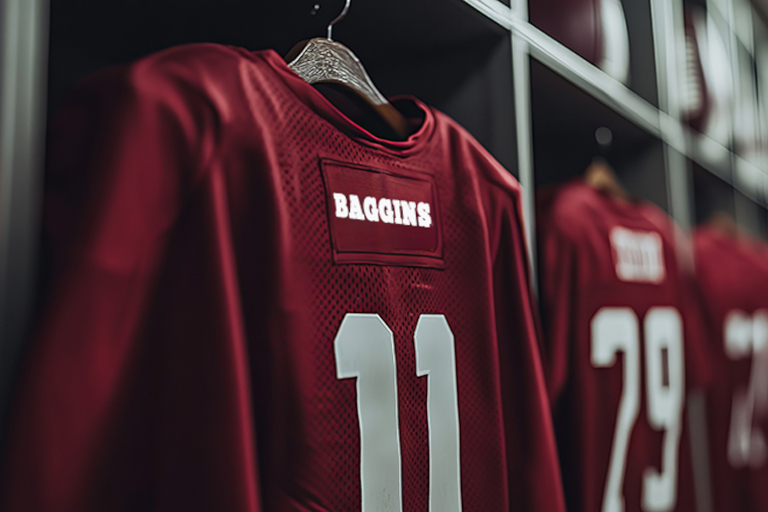Copyright thequint

It was a few minutes before midnight in New York City when Zohran Mamdani stepped out to address the crowd at a Brooklyn venue. Less than nine months ago, Mamdani was showing up in early Democratic primary polls tied for last place, garnering just one percent of the votes. Instead of patting himself on the back for turning his largely ignored entry into the mayoral race one year ago into a win establishing many firsts, he decided to congratulate the people. “New York, tonight you have delivered a mandate for change,” he said. He went on to quote another politician, who, unlike Mamdani, had delivered his speech exactly at midnight. “A moment comes, which comes but rarely in history, when we step out from the old to the new, when an age ends, and when the soul of a nation, long suppressed, finds utterance,” Mamdani said, quoting India’s first Prime Minister, Jawaharlal Nehru. “Tonight, New York has done just that,” he added. Mamdani was quoting Nehru from his iconic speech, ‘A Tryst With Destiny’, delivered on the eve of India’s independence. Three days before Mamdani took the stage to deliver his victory speech, his mother Mira Nair, the award-winning Indian American director of movies like The Namesake and Monsoon Wedding, delivered her own speech at a prayer event organised by ‘Hindus for Zohran’, an affinity group that campaigned for the mayor-elect.“My father always saw Zohran as someone who would unite India, Pakistan, and Bangladesh,” Nair told the gathering. “Our prayers together remind us that Zohran’s campaign is not for one community, or one faith but for all New Yorkers. For a city that holds every color, every prayer within its vast and generous embrace.”What Makes Zohran Mamdani Special is the Fearless Embrace of His Own IdentityLess than an hour away from Mamdani’s victory speech venue, 43-year-old Anjali Singh celebrated the candidate’s victory at his favorite restaurant, Kabab King, in Jackson Heights—a predominantly South Asian neighbourhood. Last week, Mamdani had treated dozens of taxi drivers to biryani at the same restaurant.“There is a way in which 'desi-ness' has come to be associated with [Narendra] Modi in this country. You have well-educated wealthy Indian Americans who don’t reflect on our values. And Mamdani comes from the other side of the great Indian tradition of reflecting about our values,” said Singh, who works in the publishing industry.“We have a lot of brown people who are in power in this country, and there is not one of them whom I would want to associate with. But with Mamdani, I feel the people power.”Anjali SinghMamdani’s win makes him the first Muslim, the first South Asian and also the youngest in over a century to become the city’s mayor. But like Singh, many Indian-Americans are celebrating Mamdani for creating the ‘right kind of representation’, that goes beyond tokenism. “Of course it feels great to see representation. But if his policy ideas weren’t what they were, there’s no way I would’ve voted for him despite him being Indian-origin. It’s his ideas that matter,” said Mohan Sikka, cheering for Mamdani at a Democratic Socialists of America (DSA) watchparty in a club in Astoria, Mamdani’s state assembly constituency.Trump's 'Worst Nightmare' Mamdani Symbolises the American Dream for South AsiansAt Barzakh, an openly pro-Palestenian cafe in the heart of Brooklyn, Mamdani’s speech after his victory blared loudly from the speakers. There was no TV there, so no one watched the speech, but everyone listened intently. The cafe had announced a happy hour earlier that evening, in anticipation of Mamdani’s win. Albeit crowded on most days, on mayoral result night Barzakh was packed to the rafters. Right at the entrance of the cafe, next to the bar, there is a large collage of artists and thinkers from different parts of the world, including Salman Rushdie.Mamdani’s speech was sounded off with the title track of Dhoom, the famous 2004 Bollywood thriller. For a few seconds, everyone at Barzakh exchanged confused glances, with most assuming it was the cafe that played that song. Barzakh frequently plays hit Bollywood numbers, besides various Arab and African songs. It was only later did the crowd realise that the song was being played not by the niche and indie cafe, but by Mamdani’s team, at the venue where he was giving the speech.Sahil Bhatia, a human rights worker who lives in Brooklyn, was among the listeners. Years ago, when he had started considering a career in human rights, he entered Columbia University as a bright-eyed young student. There was one class he happened to take, that kept him hooked, and never let him get disillusioned. It was Mahmood Mamdani’s class on 'Colonialism'. Mahmood Mamdani, Zohran's father and an anthropologist and political scientist, wrote some of the most seminal books on post-colonialism, such as Citizen and Subject and Good Muslim, Bad Muslim. Years later, Bhatia heard that his favorite professor’s son had become an assembly member in the New York state assembly. Bhatia has kept track of Zohran's political journey ever since. “I felt like this is a man who clearly grew up thinking and learning the right things from his parents. I don’t care about brown representation that isn’t conscious of nuances of right and wrong. He is someone I am proud to be represented by,” Bhatia said.While there was general enthusiasm around Mamdani’s Indian background, most Indian American supporters did not necessarily value it over his economic and social agenda. “South Asians have supported him wholeheartedly not because of his religion or his name, but because of his manifesto and the plans he has,” said Moin Sheikh, a 39-year-old resident of Jackson Heights, who moved to New York five years ago from Hyderabad.Sheikh, who stepped out to celebrate the election results in his neighbourhood, was excited about the mayor-elect’s promises to tax the rich and help the poor, which he believes will have an equalising effect in the city.Zohran Mamdani Defies the Odds in Round 1. The Bigger Challenge Begins NowMany also appreciated the fact that Mamdani was not afraid of critiquing Modi. In May this year, before the mayoral primary for the Democratic Party, Mamdani had said in a candidate’s forum that he would not meet Narendra Modi if he were to come to New York City duet to his alleged role in the Gujarat riots.Mamdani’s comments had irked Hindu right-wing groups such as the Hindu American Foundation and the Vishwa Hindu Parishad of America, which have labelled him ‘Hinduphobic’. Damayanti Chakravarty, a post-doc fellow at New York University said she was amazed by his courage. “He isn’t just a token Indian presenting this white-washed, model-minority version for the West to consume. He actually knows what is happening in India and isn’t afraid of being critical of Modi,” she said. A 29-year-old Indian American who works as a therapist agreed and appreciated that Mamdani didn’t try to pander to the entire Indian diaspora. “Other South Asian politicians in the West have a two-dimensional understanding of politics in India. But Mamdani doesn’t shy away from criticising the Indian government, even though not doing so might’ve helped him appeal to a wider diaspora, especially the older NRIs who support Modi. But he stayed true to his integrity,” she said, adding, “He didn’t capitalise on being desi.”Fact-Check: No, Zohran Mamdani Hasn't Been Elected as the Mayor of NYC YetHowever, not all Indian Americans were comfortable celebrating him as one. “When someone is a winner, we Indians love to claim him or her as their own but not before that. So I see why the diaspora would jump to claim him. But there are plenty of Indian representatives on the right and left, though not many stay true to their values. So it doesn’t matter to me that they are Indian,” said a 30-year-old policy specialist attending a DSA watchparty in Astoria.For others, it’s not just the fact that he is an Indian, but a Muslim from India that matters more. “It’s refreshing to see an Indian Muslim man be represented in politics, given the history of Islamophobia in this country and in India,” said a 24-year-old, wearing a classic blue and yellow Zohran t-shirt.Divya, 30, a healthcare worker, also sporting the t-shirt to show her support, said she felt emotional at how unifying Mamdani has been for Indians outside the country. “At a time when there are so many divisions within India, I see him having united the Hindus, Muslims, Sikhs outside the country. It took someone like him to bring that unity,” she said.Last weekend, Hindus for Zohran, an affinity group that has been canvassing for Mamdani, held a prayer event in a public park in downtown Manhattan to seek blessings and protection for their favoured candidate.Among the people who led the prayers in the gathering was Zeshan Bagewadi, a 38-year-old singer who grew up in an Indian American household. Baagewadi, who sang Om Jai Jagadish Hare, later showed The Quint the sheet of paper from which he was following the words of the prayer. He had written down the entire prayer in Urdu—the only Indian language he knows to read and write in.“This is what it’s all about. This is exactly what Zohran represents. And this is why I see my own self in him,” Bagewadi said.WebQoof Recap: Misinformation Around Israel-Iran Conflict, Zohran Mamdani & More



